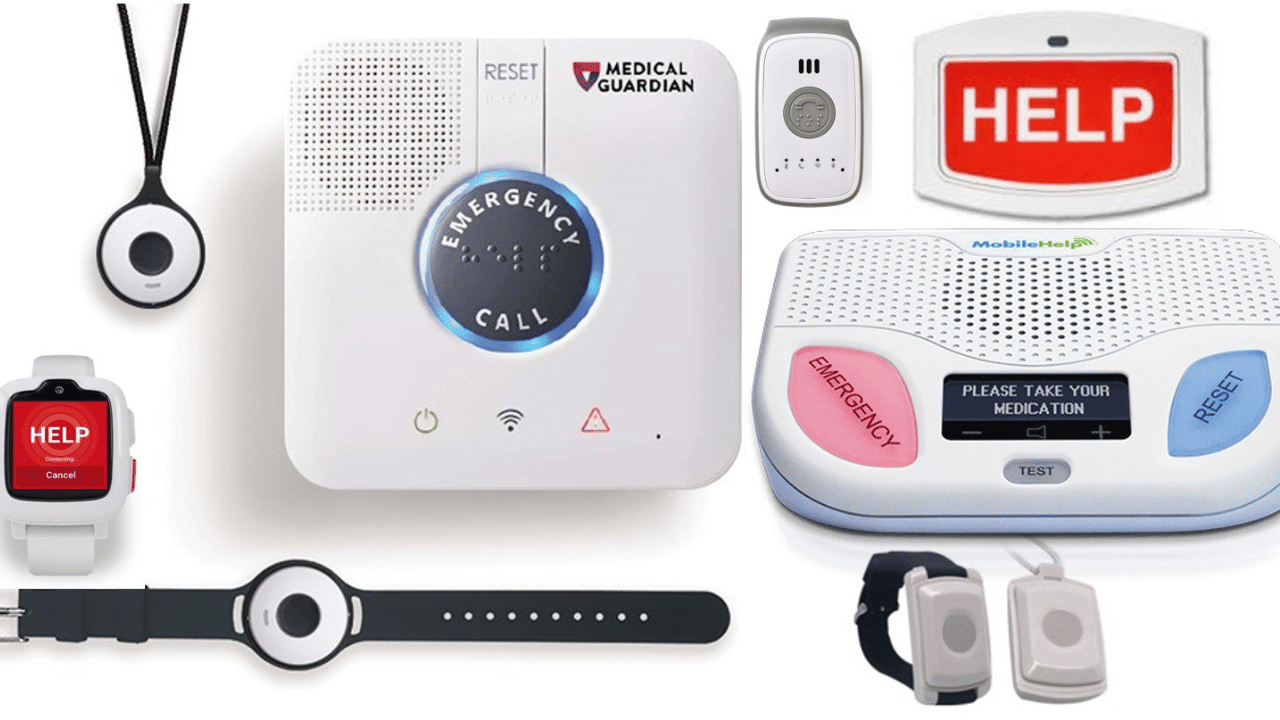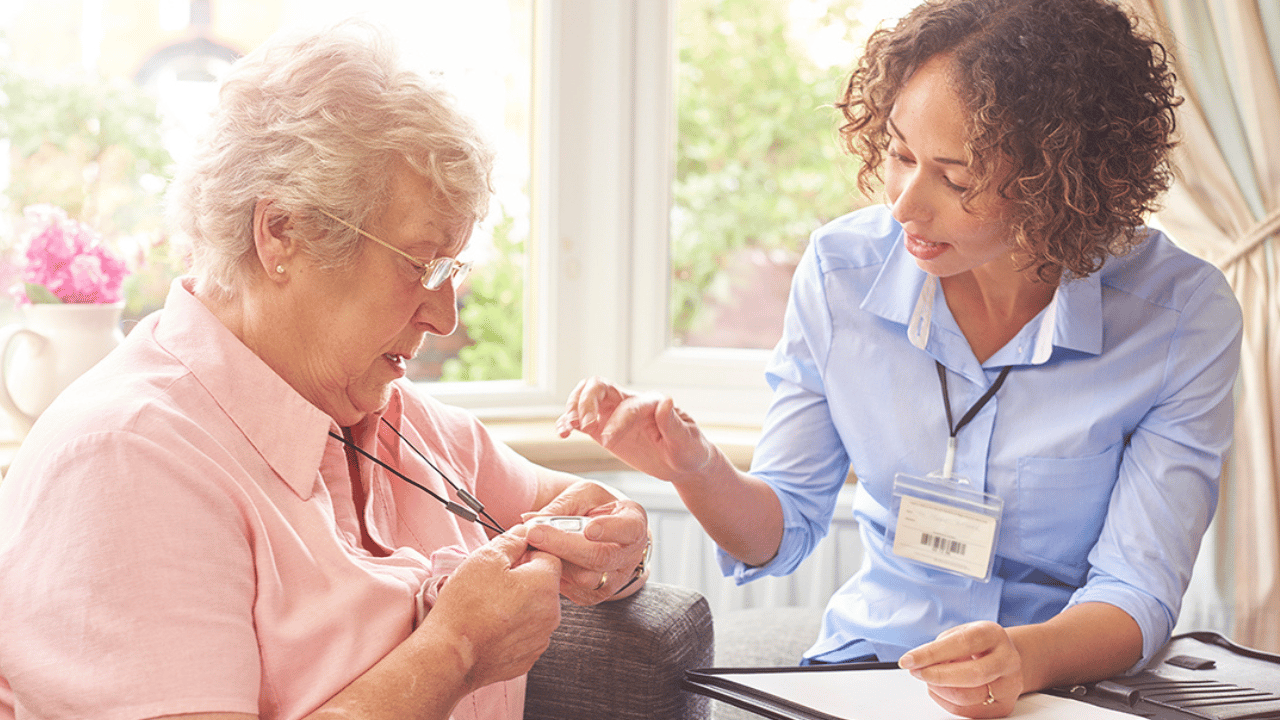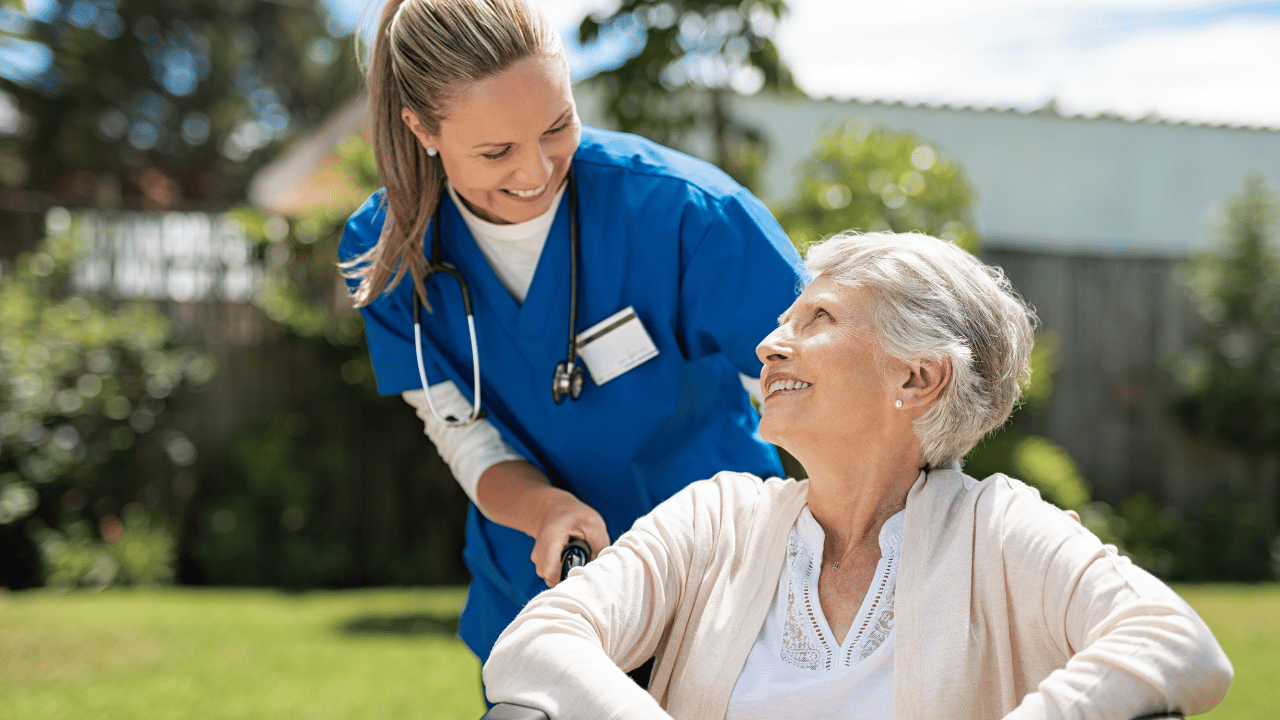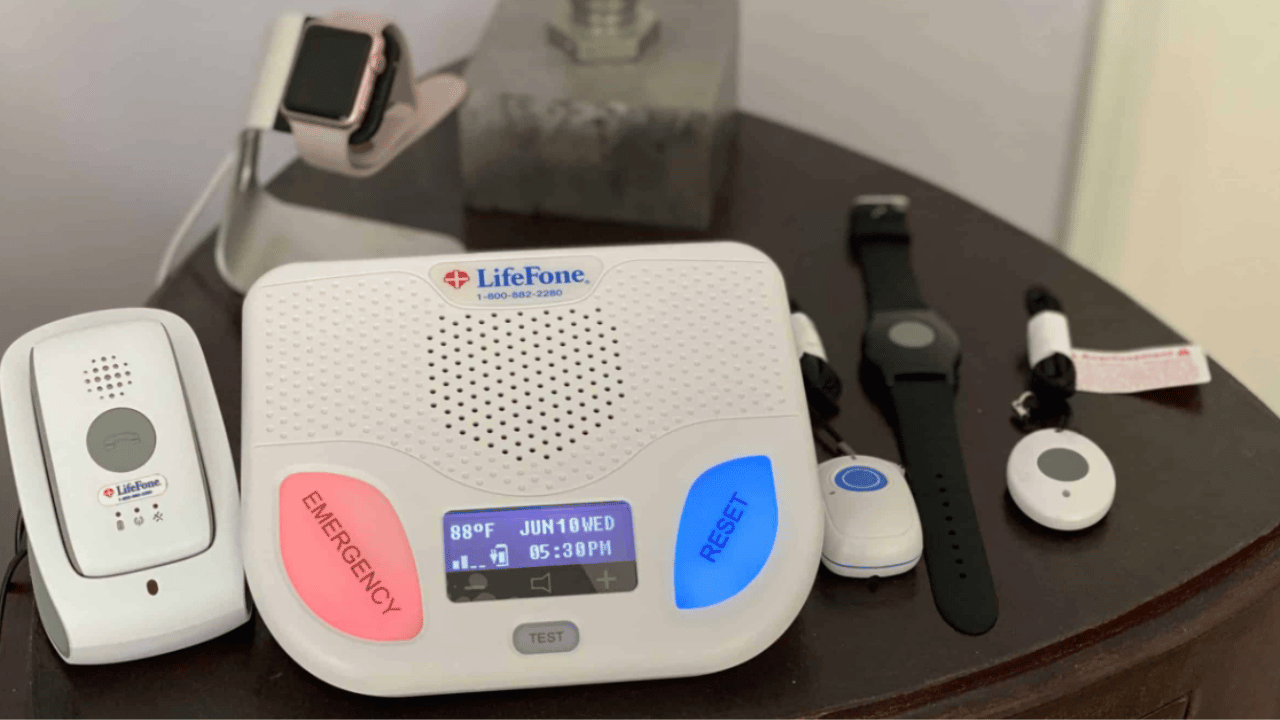Emergency Preparedness: A Comprehensive Guide to Creating a Safety Plan with Medical Alert Systems
In today's unpredictable world, being prepared for emergencies is not just a precaution; it's a necessity. Whether you're a caregiver, a senior citizen, or someone with chronic health conditions, having a well-thought-out safety plan can make a significant difference during critical moments. In this blog post, we'll explore the importance of emergency preparedness and how integrating medical alert systems into your safety plan can provide an added layer of protection.
Why Emergency Preparedness Matters
Emergencies can strike at any moment, and being prepared can mean the difference between life and death. Natural disasters, medical emergencies, or accidents can happen unexpectedly, leaving individuals vulnerable and in need of immediate assistance. Having a comprehensive emergency preparedness plan not only ensures a swift response but also minimizes the potential risks and consequences associated with unforeseen events.
Creating a Safety Plan
Assess Your Specific Needs:
Before creating a safety plan, it's essential to assess your speciic needs and those of your loved ones. Consider factors such as medical conditions, mobility issues, and any unique circumstances that may affect your ability to respond effectively fduring an emergency.
Establish Communication Protocols:
Clear communication is crucial in emergencies. Establish a communication plan with family members, neighbours, or caregivers to ensure everyone is informed and can coordinate effectively. Include contact numbers for local emergency services, healthcare providers, and reliable friends or family members.
Designate Safe Spaces:
Identify safe spaces within your home or community where you can take shelter during different types of emergencies. Ensure that these areas are easily accessible and equipped with necessary supplies such as first aid kits, medications, and emergency contact information.
Regularly Update and Practice Your Plan:
An emergency preparedness plan is only effective if everyone involved understands their roles and responsibilities. Regularly update contact information, review escape routes, and conduct practice drills to ensure a smooth execution during actual emergencies.
Integrate Medical Alert Systems
Medical alert systems are invaluable tools that provide an extra layer of security, especially for individuals with medical conditions or seniors living alone. These systems typically consist of wearable devices or home-based units that can quickly connect users to emergency services or designated contacts at the press of a button.
Types of Medical Alert Systems
- Wearable Devices: Compact devices that can be worn as necklaces or bracelets, providing mobility and convenience.
- Home-Based Units: Stationary units installed in the home that connect users to emergency services with the push of a button.
- Mobile Units: Portable devices that allow users to have access to emergency assistance both inside and outside the home.
Features to Look for In a Medical Alert System
Fall Detection: Automatically alerts emergency services if a fall is detected, crucial for individuals prone to accidents.- GPS Tracking: Enables emergency responders to locate the individual in real-time, particularly beneficial for those who may wander or have cognitive issues.
- Two-Way Communication: Allows users to communicate directly with emergency services through the device.
Incorporating medical alert systems into your emergency preparedness plan adds a crucial layer of support, providing peace of mind for individuals and their caregivers. The ability to quickly summon help during a medical emergency or other crisis can be a lifesaver. By assessing your specific needs, establishing clear communication protocols, designating safe spaces, and integrating medical alert systems, you can significantly enhance your overall preparedness for unforeseen events.
Remember, emergencies can happen when least expected, and being proactive in your approach to preparedness can make all the difference. Invest the time and effort now to create a comprehensive safety plan that includes medical alert systems, and you'll be better equipped to handle whatever challenges come your way. Stay safe, stay prepared!
Contact us today, our Personal Consultants will assist you with understanding which medical alert is right for you or your loved one.



